Don’t stress, and just take a breath
Senior, Leah Newhouse
October 4, 2016
The most humiliating moment of my life occurred on Monday Sept. 16, 2013. I was a freshman on the varsity soccer team playing against Franklin Central. We were losing by four goals in the second half when I noticed my breathing started shortening. I knew exactly what was about to happen. I turned to my sister, the team captain, to seek her help. My breathing quickly turned into hyperventilating, and I began to cry from embarrassment. Then, the worst of it started to happen. I began screeching and pulling at my hair. I forced myself to take a knee, telling the referee that I needed to be taken out of the game. The game stopped, but my mind kept racing.
My sister walked me over to the athletic trainer while over a hundred eyes were glued to me. When we reached the trainer, she asked me where I was hurt, but I had no physical injuries. I was having an anxiety attack.
According to adaa.org, 1.5 percent of Americans above the age of 18 have been diagnosed with an anxiety disorder. Although I have not been medically diagnosed with anxiety, I have probably experienced over 30 anxiety attacks in the past four years. These occur due to insignificant issues, mostly dealing with having to make a quick decision, like having to pick out an outfit to wear. By having to deal with these sudden attacks, I have learned that it is important to understand how to calm down in times of anxiousness and stress.
I discovered how to cope with my anxiety when I stepped off of the soccer field. The athletic trainer told me to imagine that I was in a field and that with every breath I took I was blowing off the white fluff of a dandelion. When I put myself in this scenario, my heart rate immediately began to slow down and my sobs turned into sniffles. Since that moment, I have trained myself to reimagine that scene to slow breathing every time I have an attack.
When people are anxious, stressed or extremely worried, it is imperative that they have coping mechanisms that they can resort to. According to adaa.org, taking a “timeout” is a good method to manage anxiety and stress. My way of taking a timeout is by returning to my field. I see myself surrounded by flowers, and I can feel the wind blowing my hair. Each deep breath that I take in real life blows off the puff ball of a dandelion that I imagine in my head. By doing this, I step out of reality and into a world that is perfect to me. It allows me to focus on something other than the mechanisms.
To find your timeout, you should first picture a place where you feel the most serene. It might be in a field, like me, or it might be just be in your room lying in bed listening to music. Whatever the scene may be it should incorporate a breathing exercise. For example, if your timeout is imagining yourself on a memorable childhood birthday, you could mimic blowing out your candles while surrounded by your friends and family. This would not only put you into a blissful fantasy, but would always help control your breathing in order to calm down. To be able to shift this environment into a mental timeout takes practice but gets easier with repetition. The next time you experience a stressful episode that causes you anxiety, try taking a deep breath and envision yourself in your time out place.
Many times during an anxiety attack, I have not been able to compose myself on my own. I have had to seek help from others to calm my breathing, stop my crying and make me realize that what I’m panicking about is not as important as I think. The people that I go to when I’m in this state are people who I trust the most and feel the most comfortable with. They not only comfort me in these situations, but they also listen to me. Talking to someone about why I’m having the attack makes the stress that I’m experiencing disappear.
Finding a person you can confide in is beneficial because anxiety or stress can accumulate to the point where you need to express it to someone. By being vulnerable in this situation, you could prevent a breakdown from occurring, and that saves you tears and a visit to Dr. Phil. This person or people could be close friends or family members. However, in some cases that person may need to be a professional.
Personally, I have never felt that my anxiety has gotten past the threshold of seeking professional help. Nonetheless, if you feel as if the cold grasp of anxiety has overwhelmed you beyond the point of receiving help from friends or family exclusively, do not feel afraid or ashamed to seek assistance from a specialist.


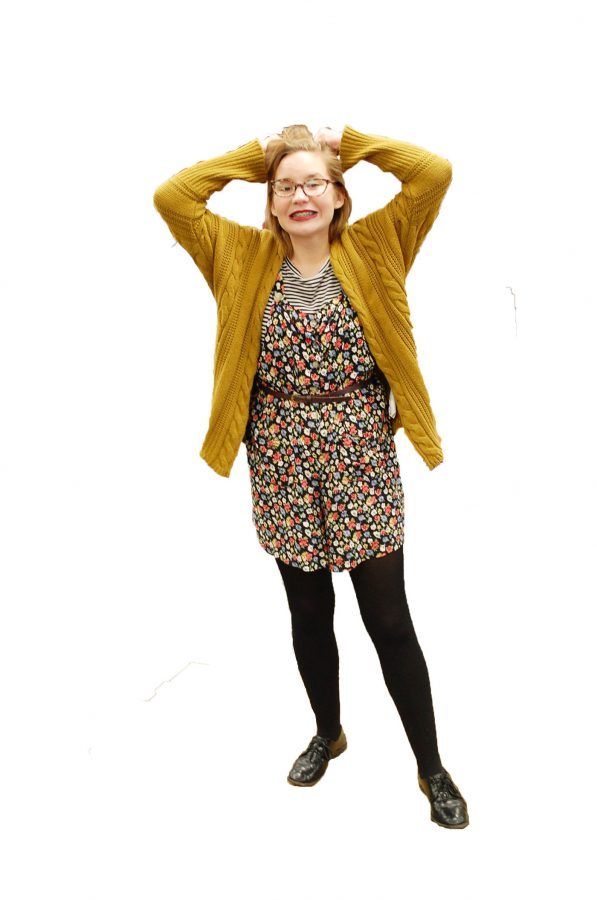
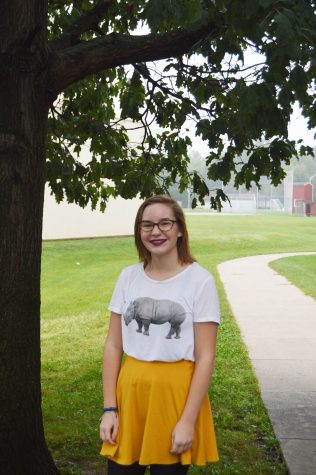
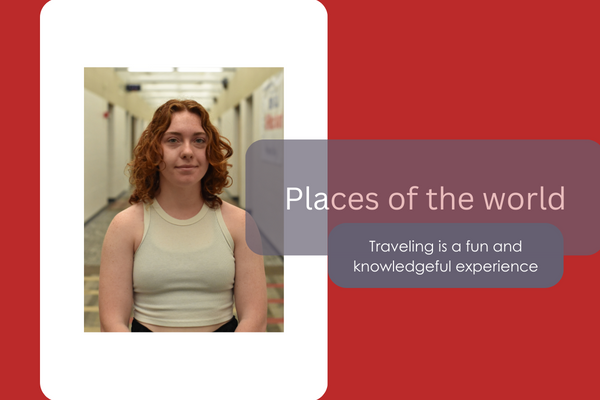
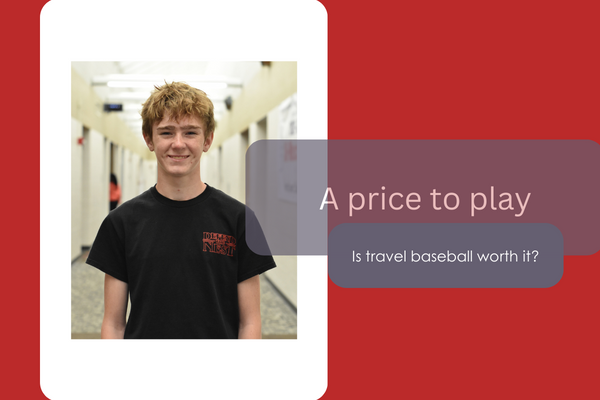
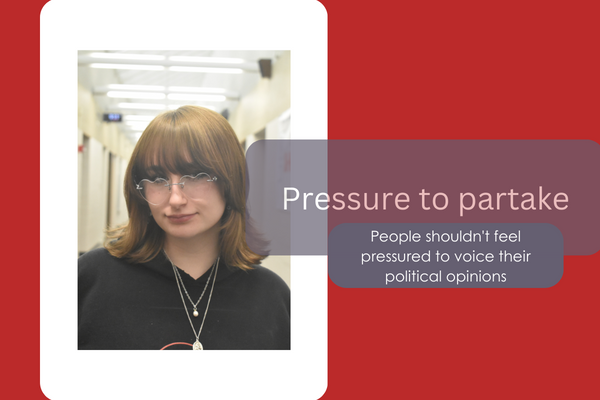
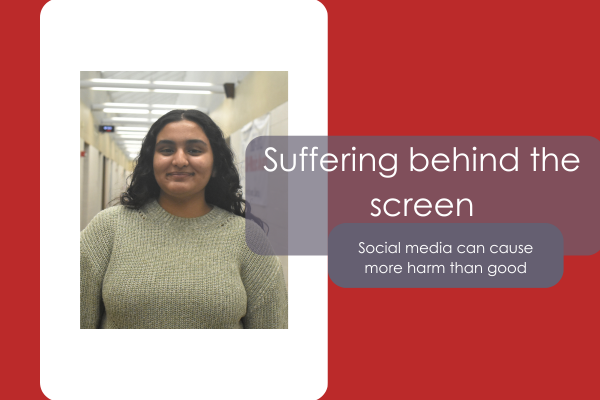

John D Abbott, Jr • Oct 11, 2016 at 8:41 am
Leah,
Another really great column with very helpful advice!